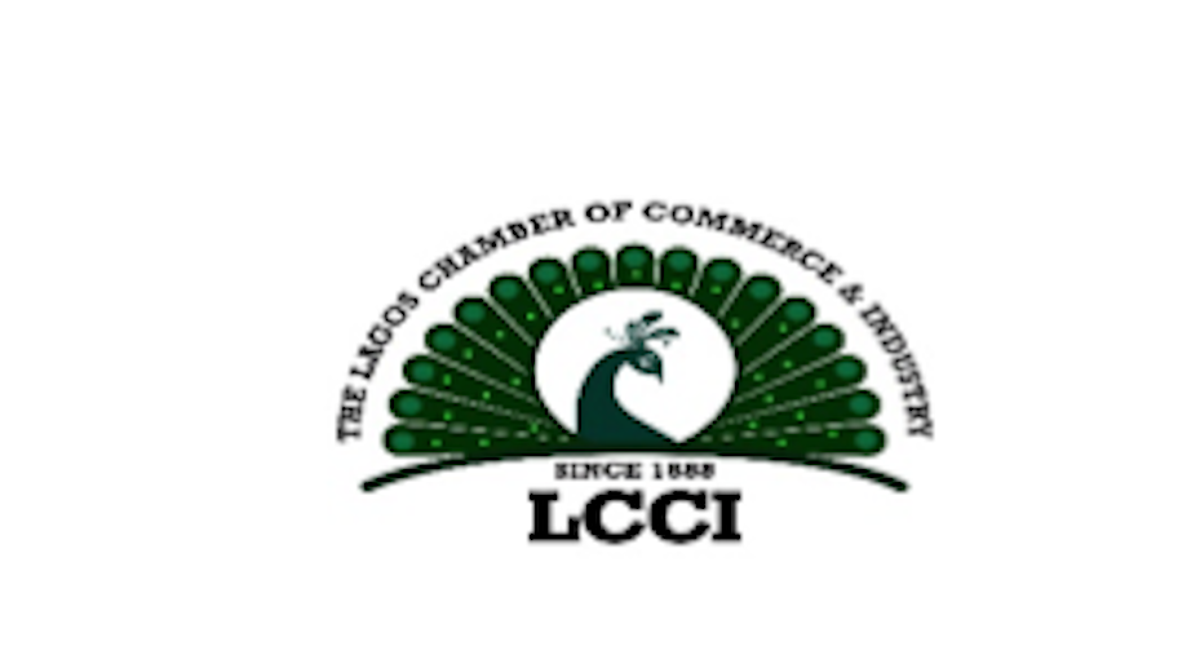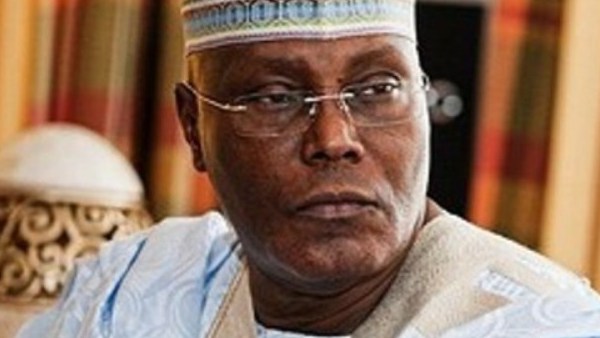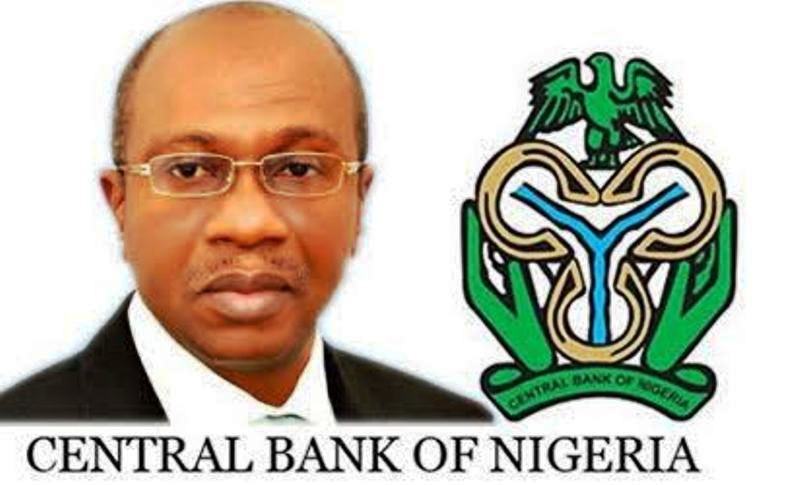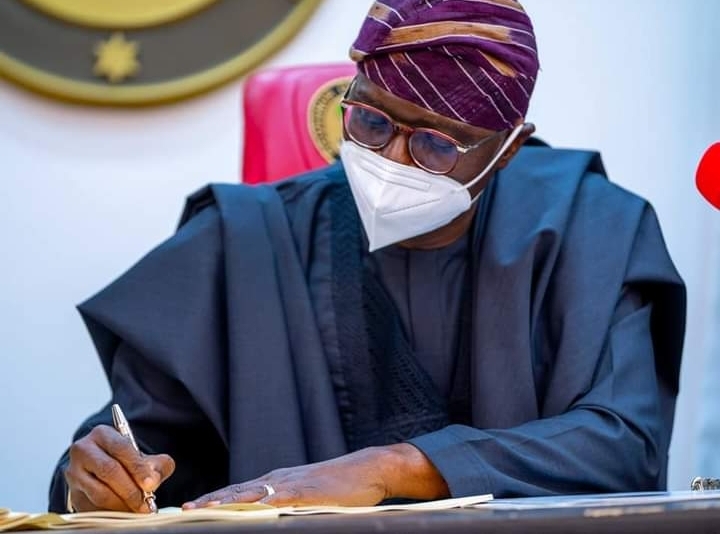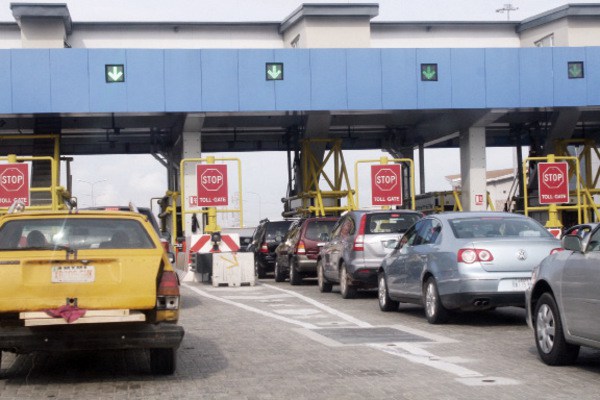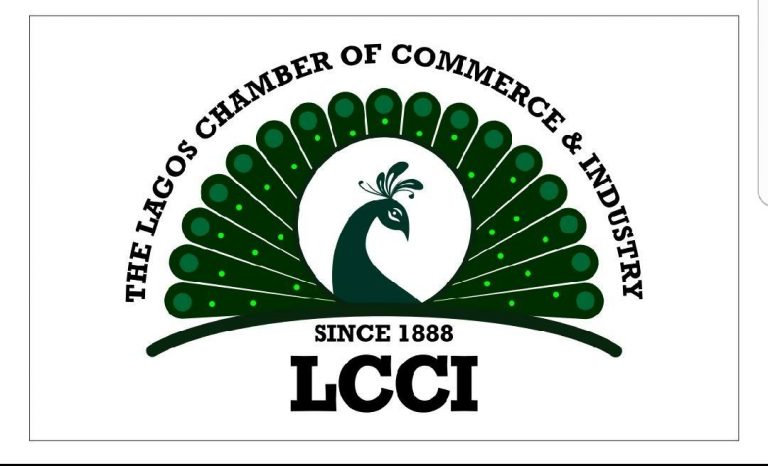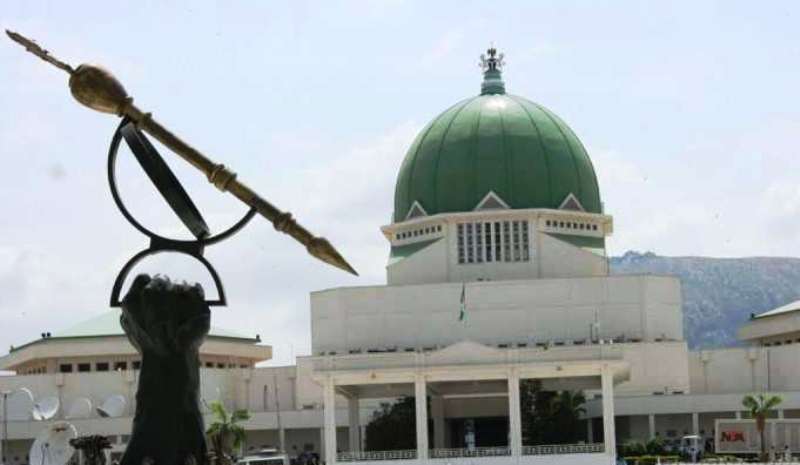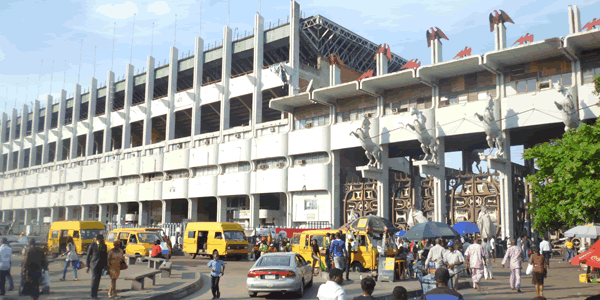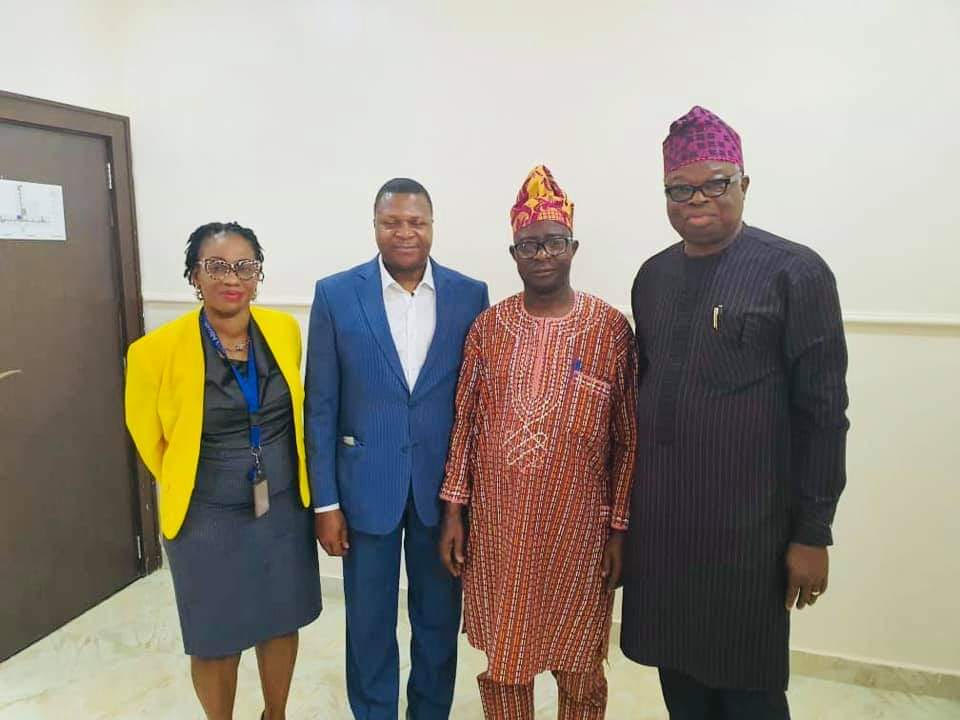The Lagos Chamber of Commerce and Industry (LCCI) has lamented the continuous decline in oil revenue in the country due to oil theft and pipeline vandalism.
LCCI appeals to the government to address the problems of oil theft and pipeline vandalism with a drastic measure and sterner approach.
It stated that if oil theft and pipeline vandalism are tackled, Nigeria will earn more from foreign exchange and increase revenue.
LCCI also urged the government to borrow from cheaper sources to reduce the burden of debt servicing, and take a decisive step toward removing fuel subsidies.
In a statement signed and released by its Director General, Dr. Chinyere Almona, titled, “The Nigerian Economy at 62: The Need for Big Decisions,” on Saturday, it said the oil sector had consistently recorded negative growth for the ninth consecutive quarter, contracting again by -11.8 percent year-on-year in Q2 2022, following a higher contraction of -26 percent year-on-year in Q1.
“If oil revenue makes up more than 80 percent of government revenue, we expect the government to tackle the menace of oil theft and pipeline vandalism with a sterner approach,” it said.
The LCCI explained that the non-oil sector grew by 4.8 percent year-on-year in Q2 ‘22 against 6.1 percent year-on-year in Q1 ‘22. It said the growth of 1.2 percent recorded for agriculture and the three percent for manufacturing were comparatively low when compared with other sectors that grew at above five percent.
“And with the excruciating burden from debt service, subsidy payments, and worsening insecurity, many more production activities may be constrained in the coming months. The Federal Government needs to sustain its targeted interventions in selected critical sectors like agriculture, manufacturing, export infrastructure, tackling insecurity, and free up more money from subsidy payments.
“We urge the government to tackle oil theft to earn more foreign exchange, borrow from cheaper sources to reduce the burden of debt servicing, and take a decisive step toward removing fuel subsidies,” the statement read in part.
The organization also describes poor power supply and insecurity as other major challenges confronting businesses in the country, it, therefore, urged the country’s government to decentralize the national grid
It said, “Poor power supply remains a major burden on businesses. It is one area in which the trend since independence has been that of progressive decline. This development impacted negatively on investment over the past few years with increased expenditure on diesel and petrol by enterprises. With the frequent collapses recorded by the national grid, we can no longer rely on a centralized power source. The way to go is renewable energy and decentralizing the national grid.
It warned that without effective and sustained protection and support for the real sector, and a dramatic improvement in infrastructure, the outlook for the sector would remain gloomy, particularly for the small-scale industries struggling in the face of cheap imports into the country and high production and operating cost in the domestic economy.
It added, “The security situation in the country deteriorated in the last year, assuming a very worrisome dimension. Access to markets in the troubled parts of the country has been reduced for many enterprises, with negative consequences for investors’ confidence.
“Our nation is at a cross-road and in dire need of big decisions to drive the drastic transformation the economy requires to return to economic prosperity. Our nation, Nigeria, has come a long way and is too big to fail.”
